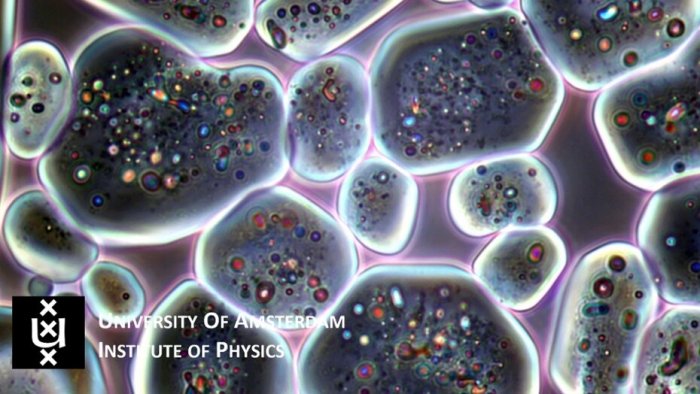Eddie Gonzales Jr. – MessageToEagle.com – When we think of crystals, we think of ice, kitchen salt, quartz, and so on—hard solids whose shapes show a regular pattern.
Floppy crystals. Salts that contain water in their crystalline structure can become soft and floppy. Credit: UvA
Research performed in the group of UvA-IoP physicist Noushine Shahidzadeh shows that crystals can be quite different: they can be soft and deformable shapes without the familiar facets.
The paper where these results were reported was featured as an Editor’s Highlight by the journal Nature Communications.
Crystals are generically hard solids, and are usually identified by their well-defined geometrical shape that reflects the underlying highly ordered molecular structure. In their paper, the physicists show that surprisingly, some salts that contain water in their crystalline structure (so-called hydrated salts) can behave remarkably differently.
When these salts are slowly dissolved through contact with humid air, they become soft, deformable and lose their facets. This is in contrast to regular crystals, which keep their faceted shape and stay hard while dissolving. Thus, the microcrystals that were studied simultaneously are crystalline in the bulk of the material, but show liquid-like molecular mobility at their surfaces.
Written by Eddie Gonzales Jr. – MessageToEagle.com Staff







